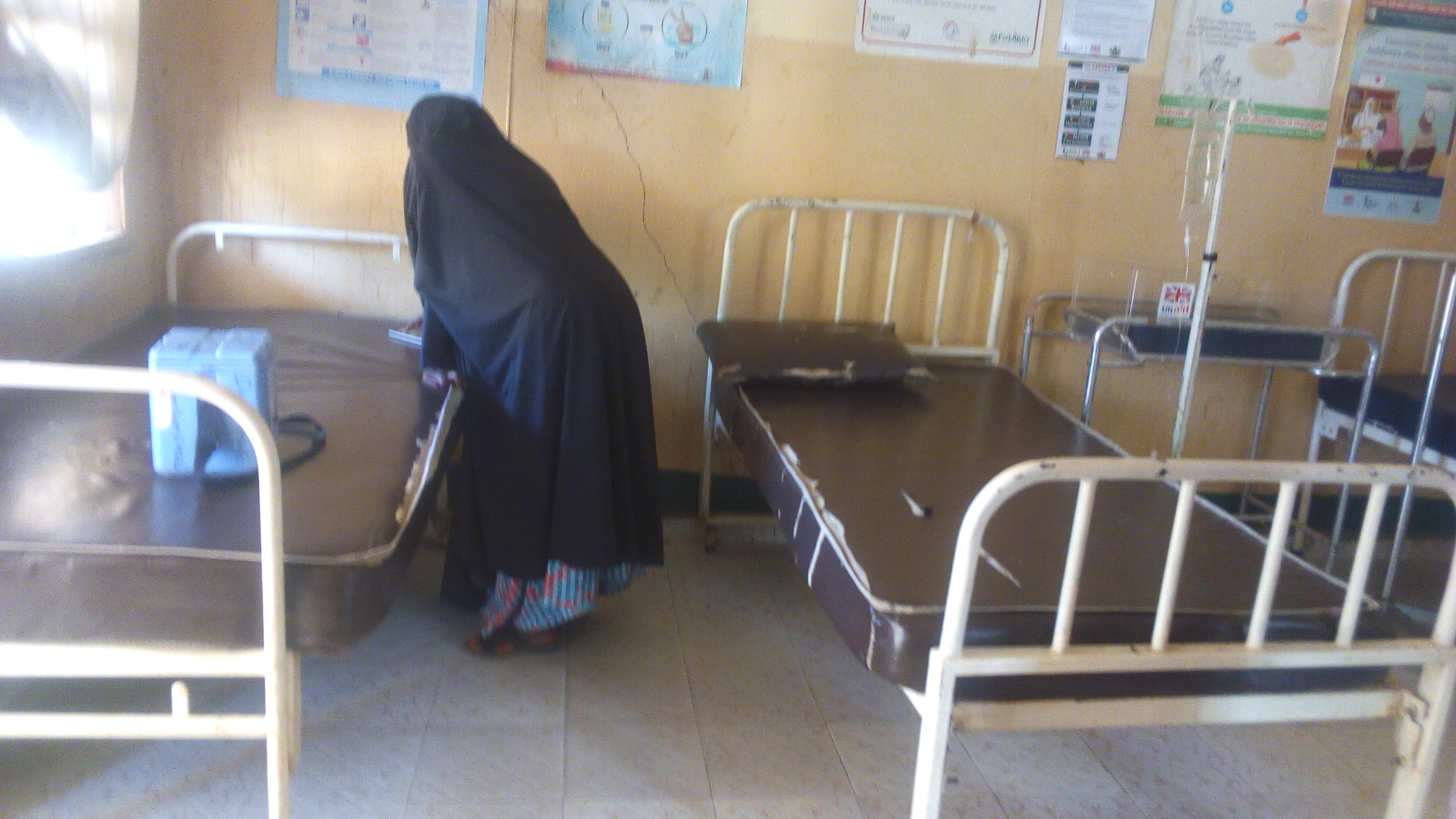At least, 317 million women across 69 developing countries now use some form of modern contraception as at July 2018, according to the latest FP2020 report.
That’s more than 46 million more women who have turned to modern contraception since 2012.
The FP2020 Report, which tracks government commitments to family planning, was launched at the 5th International Conference on Family Planning in Kigali.
It shows increase in use of modern contraception which has helped to:
- prevent some 119 million unintended pregnancies
- avert 20 million unsafe abortions
- avert some 137 million maternal deaths.
The use of modern contraception by an increasing number of women has also helped avert some 2 million newborn deaths, according to estimates
But nations are falling behind in funding to provide both commodities and services in support of family planning.
Funding shortfalls
Up to 214 million women of reproductive age who want to use some form of modern contraception to plan or avoid pregnancies can’t get any service.
And funding commitment to family planning since the last major conference on the issue in London continues to dwindle.
The United Nations Population Fund (UNFPA) which provides at least 14% of al family planning commodities financed by international donors worldwide, faces a funding gap of $350 million to fulfil its mandate over the next three years.
The funding gap is only part of the huge gap that’s opened up in funding of family planning around the world.’
The US government, which contributes up to $60 million each year to the fund, has withdrawn funding support.
The withdrawal has affected funding for contraception in humanitarian settings, said Dr Natalia Kanem, executive director of UNFPA.

Equity
Bilateral funding of family planning by international donors in 2017 topped $1.27 billion dollars, an increase over $1.2 billion from 2016.
But it is yet to match the record $1.43 billion committed by donors in 2014.
At least 48% of spending on family planning last year was funded by international donors around the world, led by Canada, the Netherlands, Germany, Sweden, UK and the US—all contributing to the $1.27 billion last year.
Most governments have only committed state funding for family planning up until 2014.
Among those with budgets for 2016, India committed $249 million, closely followed by Bangladesh committing $225. Nigeria committed $8.5 million.
Last year, Kenya altered its budget to commit $19 million to family planning but it needs $23 million.
To close the gap, Kenya is moving toward including family planning services in its health insurance scheme.
Young minds
But most African countries still face huge levels of inequity in access to family planning.
Josephine Kibaru-Mbae says Kenya still has counties with rates for use of modern contraceptives still less than 10% at the same time others have surpassed national targets.
Youth, as a group, continue to be missing, especially adolescents.
The latest UNAIDS report showed young girls are most vulnerable to HIV infection.
“Data is urging governments to make resources available to young people to make empowering decisions,” said Manasa Vasudevan, programme manager for the YP Foundation in Indai.
Evidence shows young people still lack information on basic things as birth control—with pills and condoms readily available to them in distances as short as the nearest drug store, said Vasudevan.
“It is up to us to start counting young people seriously.”

 Join Daily Trust WhatsApp Community For Quick Access To News and Happenings Around You.
Join Daily Trust WhatsApp Community For Quick Access To News and Happenings Around You.


